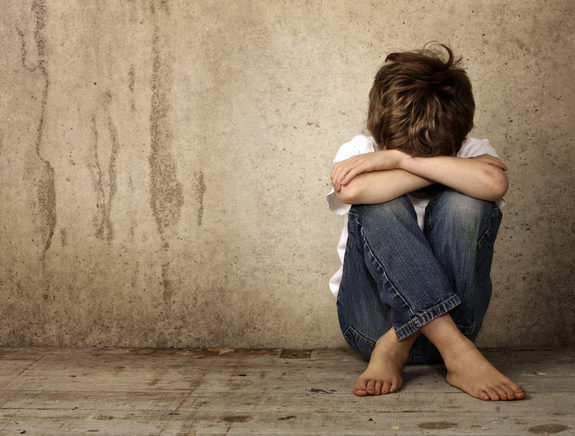Loneliness Is Bad for Your Health, Study Suggests

NEW ORLEANS — Feeling lonely? New research suggests you might want to reach out. Not only is loneliness an unpleasant condition, it can harm the body's immune system.
The new study, presented Saturday (Jan. 19) here at the annual meeting of the Society for Personality and Social Psychology, reveals that people who are lonely experience more reactivation of latent viruses in their systems than the well-connected. Lonely people also are more likely than others to produce inflammatory compounds in response to stress, a factor implicated in heart disease and other chronic disorders.
"Both, in different ways, indicate that the immune system is a little out of whack," said study researcher Lisa Jaremka, a postdoctoral fellow at the Institute for Behavioral Medicine Research at Ohio State University College of Medicine.
The lonely body
Jaremka and her colleagues were interested in immune links to loneliness because feeling socially disconnected is associated with poor health and chronic disease. They recruited 200 female breast cancer survivors, average age 51, and 134 overweight, middle-age adults with no major health problems.
In the first study, the researchers analyzed the blood of the breast cancer survivors for antibodies against cytomegalovirus, a herpes virus. These common viruses can remain dormant and symptomless inside the body. Even when active, they may not cause symptoms, but they do trigger the immune system to produce antibodies, or protective proteins that help the immune system hunt down the rogue viruses. Higher antibody levels indicate higher levels of activated virus. The participants also filled out questionnaires about their loneliness and social connectedness. [7 Personality Traits That Are Bad For You]
The results revealed that the lonelier the participant, the higher the levels of cytomegalovirus antibodies in the blood.
Get the world’s most fascinating discoveries delivered straight to your inbox.
"It's definitely indicating that the immune system is compromised in some way," Jaremka told LiveScience. "It's unable at that time, for whatever reason, in this case loneliness perhaps, to keep that virus under control."
In a second study, the researchers measured inflammatory proteins called cytokines in 144 of the breast cancer survivors as well as the healthy though overweight middle-age adults. The participants gave a blood sample and then were subjected to the stress of having to give an impromptu speech and do mental math in front of a panel of people in white lab coats. To up the anxiety, the panel gave the participants no encouragement.
"No matter what they say and no matter what jokes they crack, no matter how much they smile, the panel just stares at them, basically," Jaremka said.
The researchers also triggered the participants' immune systems with a harmless compound from bacterial cells before taking a second blood sample.
The lonelier the person, the higher the levels of cytokine interleukin-6 after the stressful speech. This cytokine is important for healing in the short term, because it promotes inflammation — think of the redness and swelling that accompanies a healing cut. However, when cytokines react too readily, inflammation can be harmful. Chronic inflammation has been linked to coronary heart disease, arthritis, Type 2 diabetes and even suicide attempts.
Loneliness and stress
Researchers have long known that chronic stress has a similar inflammation-producing, immune-disrupting effect on the body. Loneliness, in fact, may act as its own source of chronic stress, Jaremka said. Earlier research shows that close and connected relationships are necessary to help people thrive; without them, people are under a constant stressful cloud of missing this crucial social connection.
People who are lonely also tend to react more strongly to negative events in their lives, Jaremka said. If lonely people experience daily life as more stressful, it may cause chronic stress, which in turn disrupts the immune system.
Solving the problem is harder than telling lonely hearts to go out and seek more close friends, Jaremka said — it's easier said than done. But if researchers can figure out how loneliness results in poor health, they may be able to come up with treatments that disrupt the links, in essence making loneliness less of a burden, at least physically.
The study shouldn't be seen as all doom and gloom, Jaremka said. The flip side is that those who feel close to friends and family can know that their health is likely getting a boost from those relationships.
"People who feel socially connected are experiencing positive outcomes," she said.
Follow Stephanie Pappas on Twitter @sipappas or LiveScience @livescience. We're also on Facebook & Google+.

Stephanie Pappas is a contributing writer for Live Science, covering topics ranging from geoscience to archaeology to the human brain and behavior. She was previously a senior writer for Live Science but is now a freelancer based in Denver, Colorado, and regularly contributes to Scientific American and The Monitor, the monthly magazine of the American Psychological Association. Stephanie received a bachelor's degree in psychology from the University of South Carolina and a graduate certificate in science communication from the University of California, Santa Cruz.
